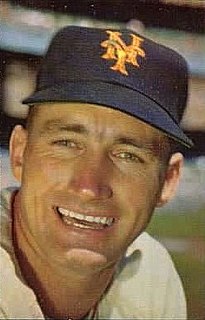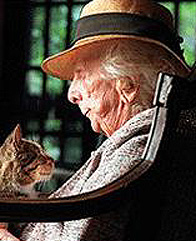A Quote by Carl Honore
The greatest thinkers in history certainly knew the value of shifting the mind into low gear. Charles Darwin described himself as a slow thinker. Einstein was famous for spending ages staring into space in his office at Princeton University.
Related Quotes
Albert Einstein, who discovered that a tiny amount of mass is equal to a huge amount of energy, which explains why, as Einstein himself so eloquently put it in a famous 1939 speech to the Physics Department at Princeton, 'You have to exercise for a week to work off the thigh fat from a single Snickers.'
Let's find and remedy all our weaknesses before our enemies get a chance to say a word. That is what Charles Darwin did. ...When Darwin completed the manuscript of his immortal book "The Origin Of Species" he realized that the publication of his revolutionary concept of creation would rock the intellectual and religious worlds. So he became his own critic and spent another 15 years checking his data, challenging his reasoning, and criticizing his conclusions.
I used to rent a house in Princeton, New Jersey, and whenever people came to visit me, I would drive them past Albert Einstein's house, which is the most ordinary house in Princeton - a house, let me assure you, that now a salesman wouldn't live in. I'd always say, "That was Albert Einstein's house." And they'd say, "What do you mean? Why would Albert Einstein live in a little house like that?" And I'd always say to people, "Because he didn't care!"
It should be the highest ambition of every American to extend his views beyond himself, and to bear in mind that his conduct will not only affect himself, his country, and his immediate posterity; but that its influence may be co-extensive with the world, and stamp political happiness or misery on ages yet unborn.































